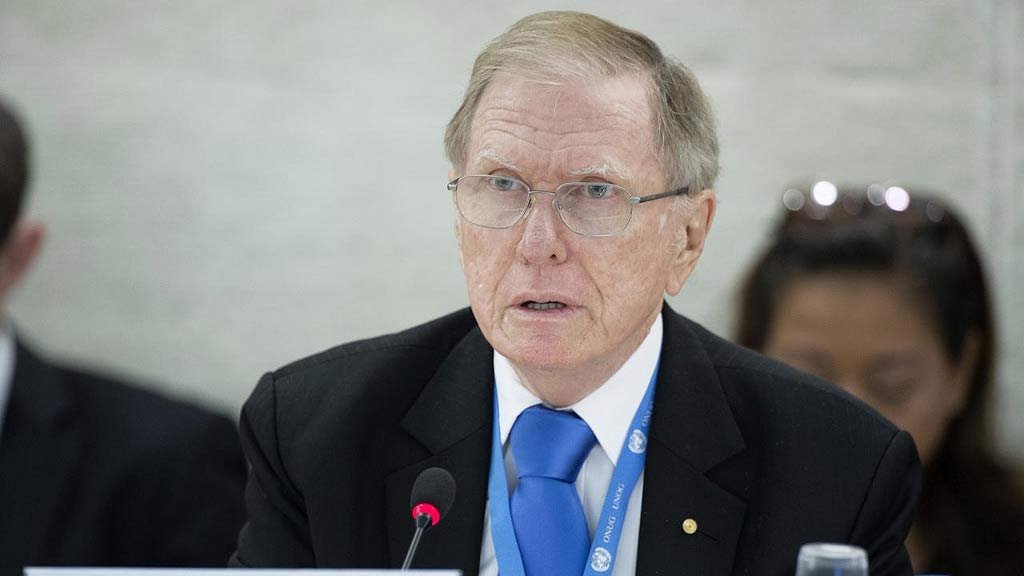By Kevin M. Mathewson
Impunity Watch Reporter, Asia
KANDAHAR, Afghanistan — Militants have killed at least 11 Afghan policemen at a checkpoint on the Pakistani border. The Taliban has claimed responsibility for the attack.

The Taliban, a hard line Islamic group, has proved to be a major threat to the Afghan government.
The attack took place against a series of border check posts in the Shorabak District of Kandahar Province.
Insurgents attacked the border post in the early hours of Sunday morning, said a spokesman for the Kandahar police. In the overnight attack the Taliban insurgents used heavy weapons, including mortars. The insurgents then escaped back across the border to Pakistan, where they are believed to be based.
Also on Sunday, in an unrelated attack, two coalition soldiers were killed by an improvised explosive device in eastern Afghanistan.
Then early Monday morning, a district intelligent chief was assassinated on his way to work. Abdul Hussein was sprayed with bullets as he was riding a motorcycle Monday morning near the city of Kunduz.
No one immediately claimed responsibility for these attacks.
The attack on the border police on Sunday comes less than a week after insurgents ambushed a police convoy in the Badakhshan Province in northern Afghanistan, killing 10 and taking 16 prisoners.
The Taliban have ramped up their violence on security officials as foreign forces prepare to withdraw before the end of next year. Afghan police are in the forefront of the fight against Taliban militants. In 2012, more than 2,000 Afghan policemen were killed.
For further information, please see:
NY Times – 11 Officers Killed as Taliban Strike Afghan Border Post – 23 September 2013
BBC News – Afghanistan Taliban kill 11 police in Kandahar province – 23 September 2013
The Daily Star – Afghanistan: Taliban kill 11 border police guards – 23 September 2013
The Hindu – Taliban kill 11 border police guards in Afghanistan – 23 September 2013
News Times – Afghanistan: Taliban kill 11 border police guards – 23 September 2013

